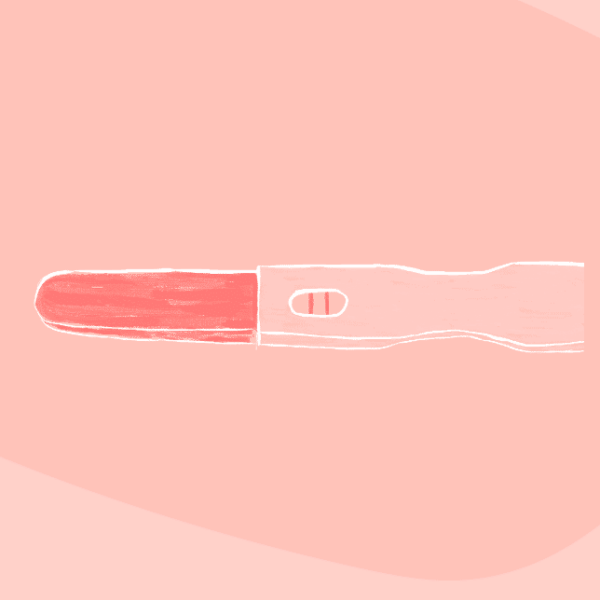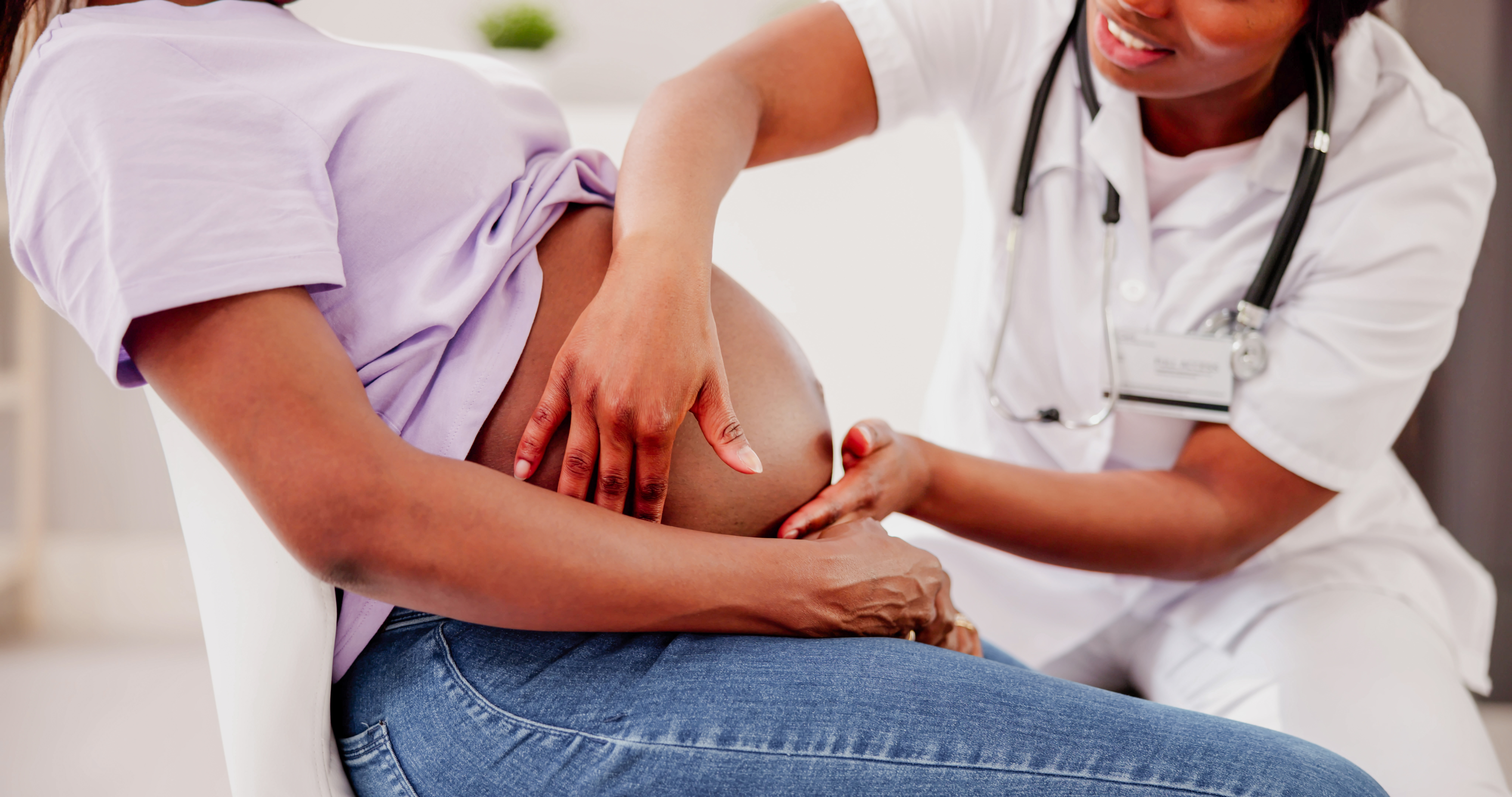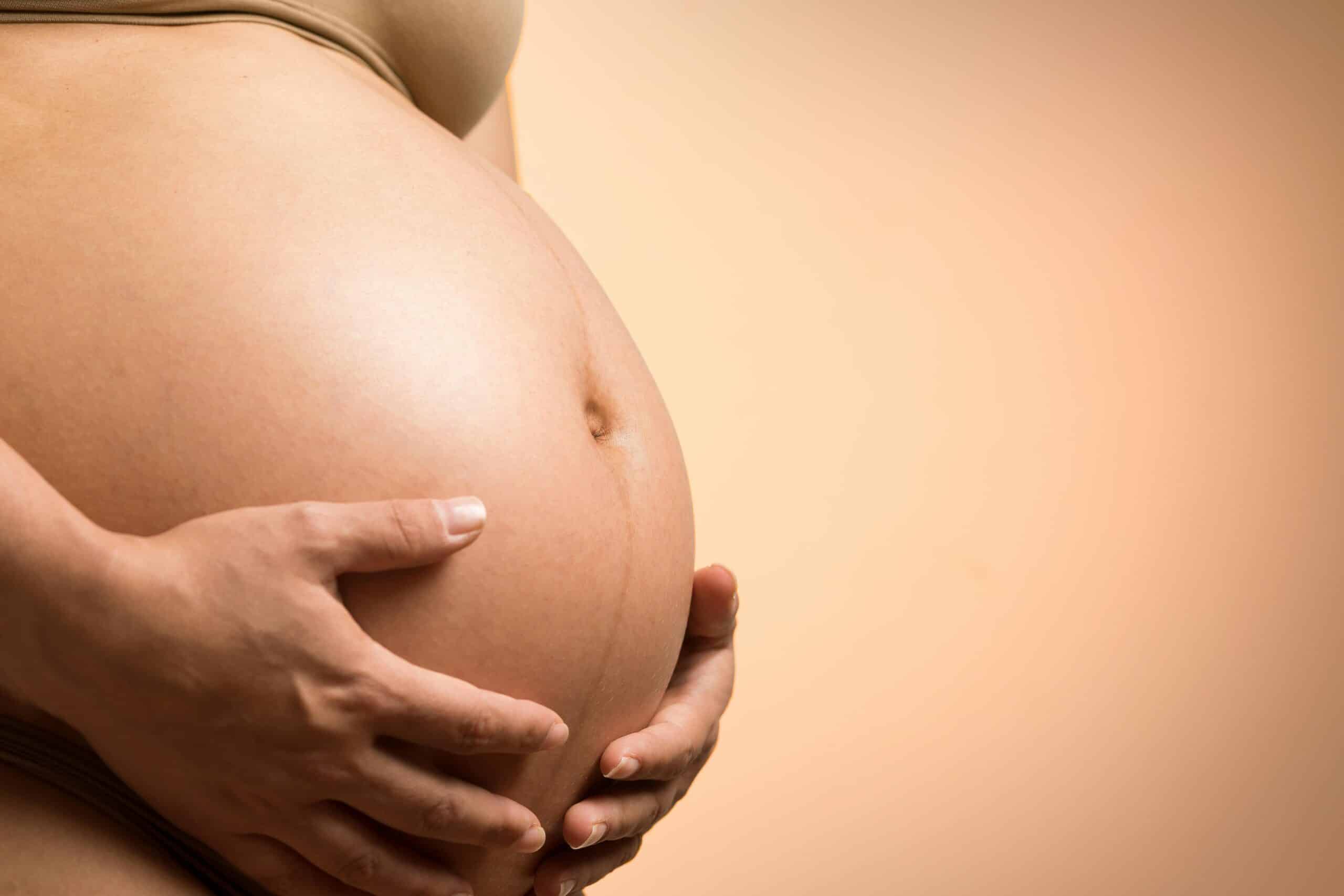Pregnancy Common Symptoms in Early Pregnancy
Common Symptoms in Early Pregnancy
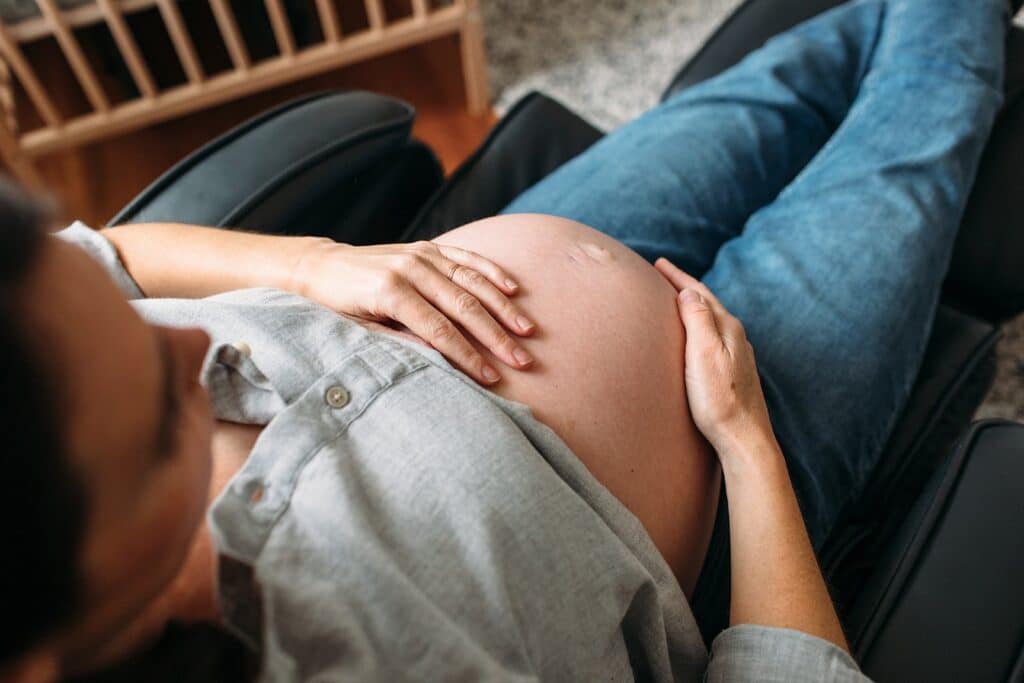
Is this normal? You may find yourself asking this question quite regularly in the first trimester. Indeed, there’s quite a few common symptoms in early pregnancy that may take you by surprise because despite their ubiquity, they’re not often discussed. Beyond the nausea, here’s what you can expect:
Fatigue
Feel like you could sleep all day? Deep fatigue is really normal for the simple fact that your body is working so hard to grow your baby and an entirely new organ – the placenta. You can read a bit more about pregnancy fatigue here.
Nausea and Vomiting
A lack of nausea and vomiting doesn’t indicate that there’s anything wrong with you or your baby. However, varying degrees of nausea and vomiting is very common in early pregnancy and can be as mild as feeling a little queasy on occasion to persistent nausea and vomiting throughout the day. Unfortunately for some women, it doesn’t abate in the second trimester. If you find yourself unable to keep water down and your symptoms are intensifying, it’s best to present to the emergency department at your local hospital where they’ll likely give you IV fluids. An appointment with your GP is also advised and you can expect a discussion around medication and, perhaps, a diagnosis of Hyperemesis Gravidarum (HG) which is severe pregnancy sickness. You are the only one that knows how you feel; be open and honest with your care provider.
Sensitive Breasts
This is often one of the first symptoms that women notice; tingling, sensitive and sore breasts, sometimes accompanied by shooting pains into the nipple.
Abdominal Pain
Not unlike mild period cramps (although they’re not persistent), abdominal pain in early pregnancy is often due to the ligaments stretching to stabilise your uterus as it expands to make space for your baby. This pain should not persist and if it’s accompanied by pain while passing urine or opening your bowels, or if it’s accompanied by a sharp pain in the lower abdomen or in the tips of your shoulder, it’s best to see your GP or go to your local hospital without delay as your symptoms may be a sign of an ectopic pregnancy.
Constipation
Your pregnancy hormones are doing so much work and progesterone is one of them. It builds the lining of the uterus and encourages uterine contractions so your body accepts your growing baby instead of rejecting it. It also slows down your digestive tract which can easily lead to constipation. Aim to drink up to 2 litres of water a day and move your body gently to encourage digestion.
Frequent Urination
The pregnancy hormone, hCG, makes your kidneys work more efficiently and as your baby grows and your uterus expands, there’s more pressure on your bladder. This will ease somewhat in the second trimester when the uterus moves into the abdominal cavity. If you notice a stinging sensation when you wee, you may have a urinary tract infection (UTI) so it’s best to see your GP.
Hormonal Headaches
There are momentous hormonal shifts in early pregnancy that can lead to hormonal headaches. They’re often exacerbated by dehydration and nausea (there’s a bit of a vicious cycle) so staying hydrated is essential. If you find that they are becoming persistent and debilitating, it’s best to talk to your GP or care provider.
WELCOME TO THE FIRST TRIMESTER is a 5-part audio course featuring interviews with a range of perinatal health specialists. It’s an informative and comforting guide (like having a knowledgeable friend on hand) that discusses:
- Your first GP appointment in detail
- Your care options and what questions you may want to ask your care provider
- Mental health
- Physical changes and concerns
- Early pregnancy nutrition
Categories
Related Products
-
Welcome to the First Trimester
11 reviews$67.00An informative and comforting 5-part audio course guiding you through the first 12 weeks of pregnancy.
Get your copy of our Perineal Massage Guide in your inbox
Keep Reading
We think you might enjoy these articles
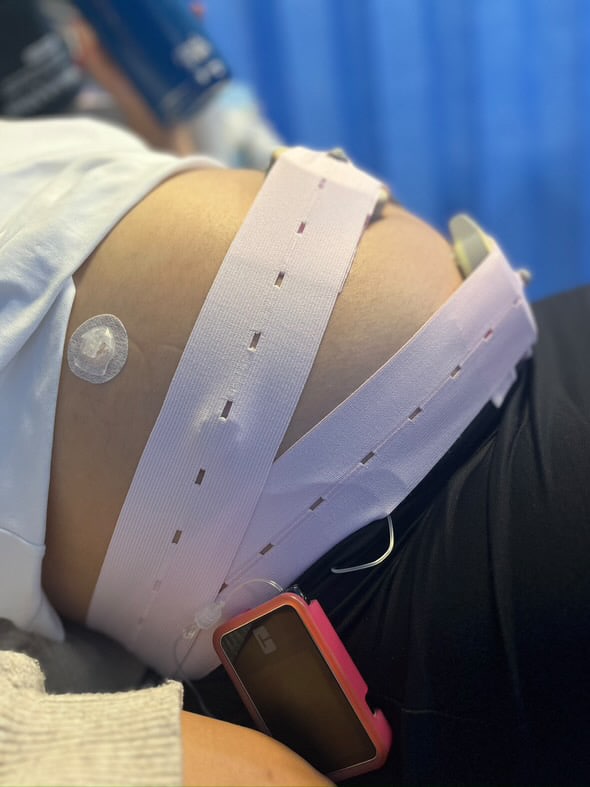
Pre-existing Diabetes and Pregnancy: What You Need to Know

Harnessing the Power of Acupressure: A Natural Approach to Preparing for Birth
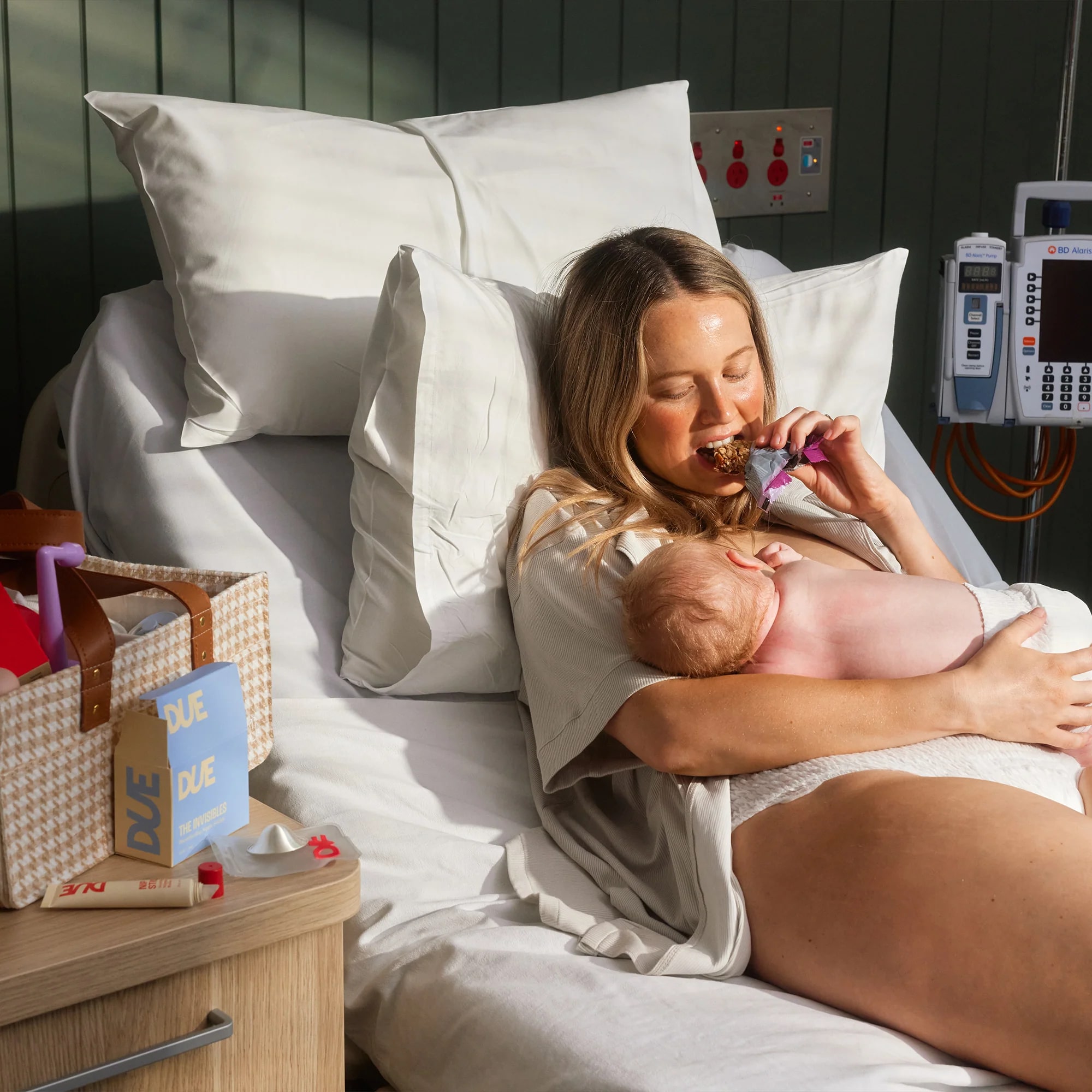
Thoughtful Christmas Gifts for your Pregnant Friend.
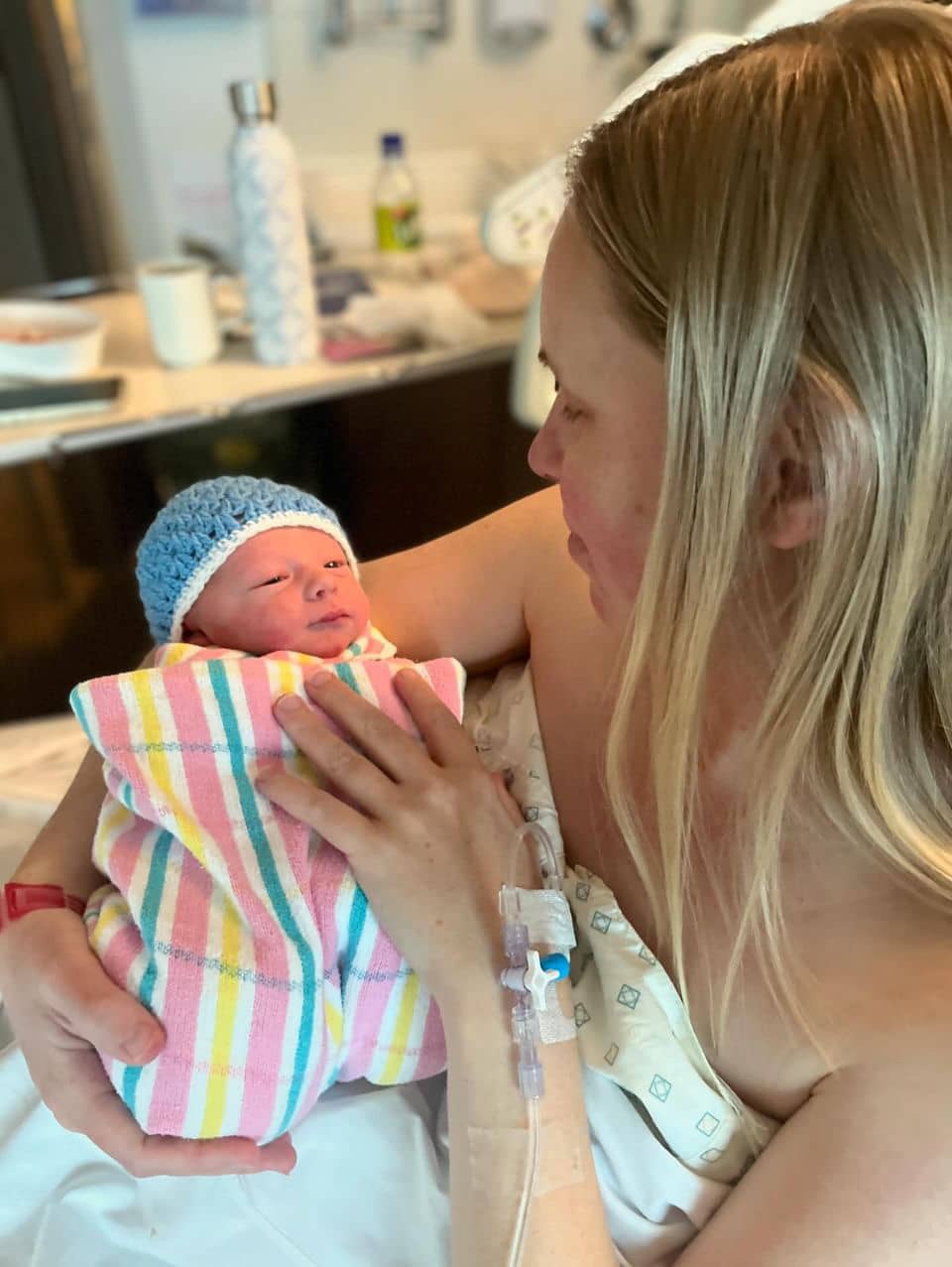
What is Pre-eclampsia?

Non-invasive Prenatal Testing (NIPT)
@AustralianBirthStories
Follow along with us
@AustralianBirthStories
Follow along with us
@AustralianBirthStories
Follow along with us
@AustralianBirthStories
Follow along with us
@AustralianBirthStories
Follow along with us
@AustralianBirthStories
Follow along with us
@AustralianBirthStories
Follow along with us
@AustralianBirthStories
Follow along with us
@AustralianBirthStories
Follow along with us
@AustralianBirthStories
Follow along with us
@AustralianBirthStories
Follow along with us
@AustralianBirthStories
Follow along with us
